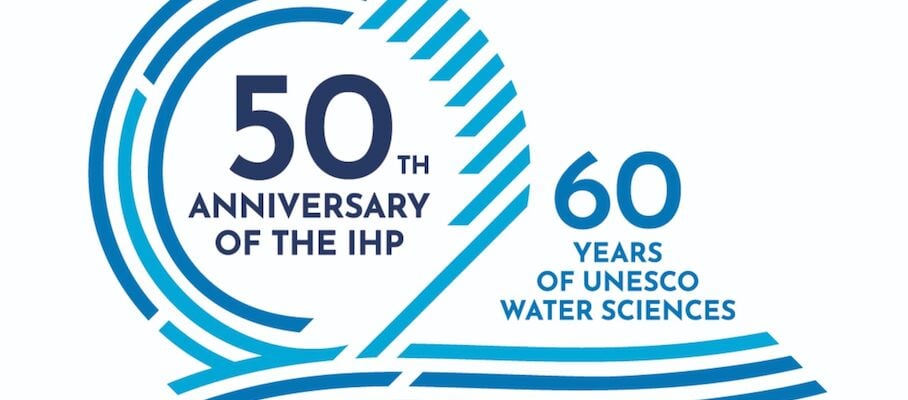Reliable access to clean water is essential to our health, prosperity and security. But, billions of people around the world are struggling daily with lack of water, polluted water or poor access to water, and water-related disasters such as floods and droughts. The Chair at the University of Birmingham is on the hunt for innovative and sustainable solutions to solve the global water crisis.
The work of this Chair
As the first Chair to focus on the science of hydrology, the team is working with partners across the globe to develop a transformative approach to the world’s ‘wicked’ water problems. Their long-term vision is to understand water cycle processes, hydrological events (flood, drought) and water-related impacts under climate and other drivers of change.
Outreach and fostering greater links between society, industry, research institutes and universities is central to the Chair’s goals, with the three pillars of their work as follows. One, to protect our freshwater systems from the threats of development, pollution and climate change. Two, to help those populations living with the effects of water shortage, lack of clean water, poor sanitation and the impact of droughts and floods. And three, to engage local people as ‘citizen scientists’ in finding solutions to water issues and to build human and ecosystem resilience.
The establishment of the UNESCO UNITWIN network in “Ecohydrological Interfaces” with universities and institutes in France, Australia and India provides exciting opportunities for the Chair to maximise reach and impact. With many more members expected to join, it will no doubt continue to foster high quality research and forge on with solutions to the water crisis.
The Chair's research into hydroclimatology has helped us gain a deeper understanding of the impacts of climate change water systems and riverine ecology, as well as the management and conservation of freshwaters. He and his team are involved in multiple international research projects as they look to understand the impact of changing forest dynamics on water quality in the Himalayas; adaptation strategies to protect Scottish freshwater fish from the detrimental effects of high river water temperature; and the consequences of climate-change induced glacier shrinkage on water security in Peru.
About the Chair Lead

As Professor of Hydrology and College Director of Research for Life & Environmental Sciences at the University of Birmingham, David is recognised internationally for his pioneering work linking hydrology with climatology and ecology. He was honoured with the prestigious Tison Award from the International Association of Hydrological Sciences in 2014 (IAHS); and, in 2019, he became a Royal Society Wolfson Fellow.
Alongside his academic contributions, David is active in UNESCO’s International Hydrology Programme, Vice-President of the IAHS-International Commission for Surface Water, and an expert advisor to the Government, water industry leaders, agencies and regulators.









